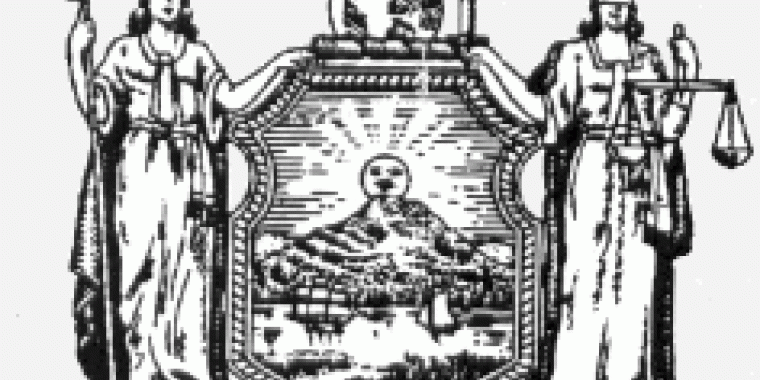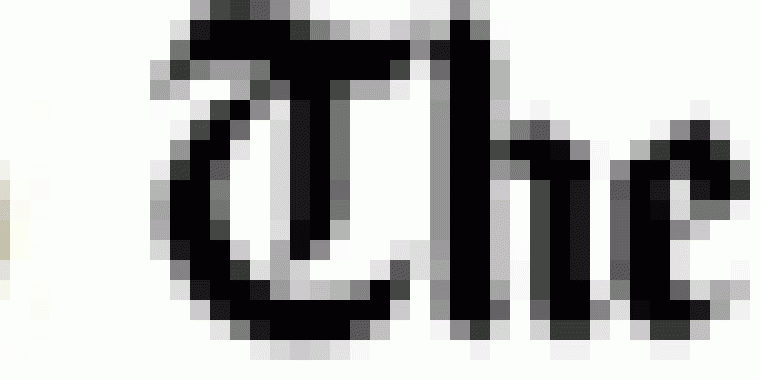
Governor Signs Internet Sexual Solicitation Law
New York State Senator Thomas P. Morahan (R,I,C New City) today announced that legislation he co-sponsored (S.748), designed to clarify that the law makes no distinction between words and images with respect to the crime of disseminating indecent material to minors, has been signed by Governor Spitzer. The Senator co-sponsored this important legislation in response to a lower court decision to dismiss the charges filed against an individual who used sexually graphic language over the Internet in an attempt to lure a child into a sexual act.
"I am pleased Governor Spitzer has signed this legislation, which I am confident will ensure that law enforcement officials in the Hudson Valley and throughout the state have all the tools necessary to apprehend and prosecute these dangerous individuals," said Senator Morahan.
The need for this legislation stems from a recent court decision dismissing charges against a defendant who went on-line and typed graphic, sexual propositions to a New York City detective, posing as an underage boy. Under a law adopted in 1996, it is illegal to have communications with a minor that "depict sexual conduct." The defendant claimed that words were not depictions, and that a loophole exists in current law.
Until the Court of Appeals issues its decision in this case, it is critically important that law enforcement not by stymied in their efforts to apprehend and prosecute sexual predators. This legislation will more clearly define that written communication is within the offense of disseminating indecent materials to minors as originally intended in the 1996 law.
BILL NUMBER:
S748TITLE OF BILL
: An act to amend the penal law, in relation to disseminating indecent material to minorsPURPOSE
: This bill amends the Penal Law to ensure that graphic written text tran- smitted over the computer to a minor falls within the purview of the statute relating to indecent material.SUMMARY OF PROVISIONS
: Section One amends section 235.22 (1) to include describing, in words or images, to a minor through computer communication, explicit descriptions or narrative accounts of nudity, sexual conduct or sado-masochistic abuse which is harmful to the minor. Sections Two sets an immediate effective date.JUSTIFICATION
: The word "depicts" contained in the existing statute has been interpret- ed in certain court decisions to be limited to graphic or visual images. It has been argued that "depicts" only refers to pictures. Clearly it was not the intent of the Penal Law to provide a loophole for those preying on children when they communicate indecent material in words and not just images. The recent rise in the use of the Internet has led to a dramatic increase in use of computers in crimes against children. Child predators use computers in some cases to plan and execute the crime of luring children into sexual acts. Children unwittingly engage in conversations with these predators and the conversations often start out innocently as the offender attempts to gain the child's trust. The conversations then gradually deteriorate into the offender using explicit language to entice, harass or seduce the child for the purposes of engaging in sexu- al acts. If the offender does not send sexually graphic images to the child and only uses sexually explicit words, the predator should be prosecuted for the crime of disseminating indecent material to minors. Given the significant volume of child exploitation and abuse stemming from computer usage, this bill is necessary to effectively prosecute criminals who seek to circumvent the intent of the law to include those who describe, in words or images, material which is harmful to a minor.LEGISLATIVE HISTORY
: 2006: S.7133B - Passed SenateFISCAL IMPLICATIONS
: None.LOCAL FISCAL IMPLICATIONS: None.
EFFECTIVE DATE: Immediately.
#####


